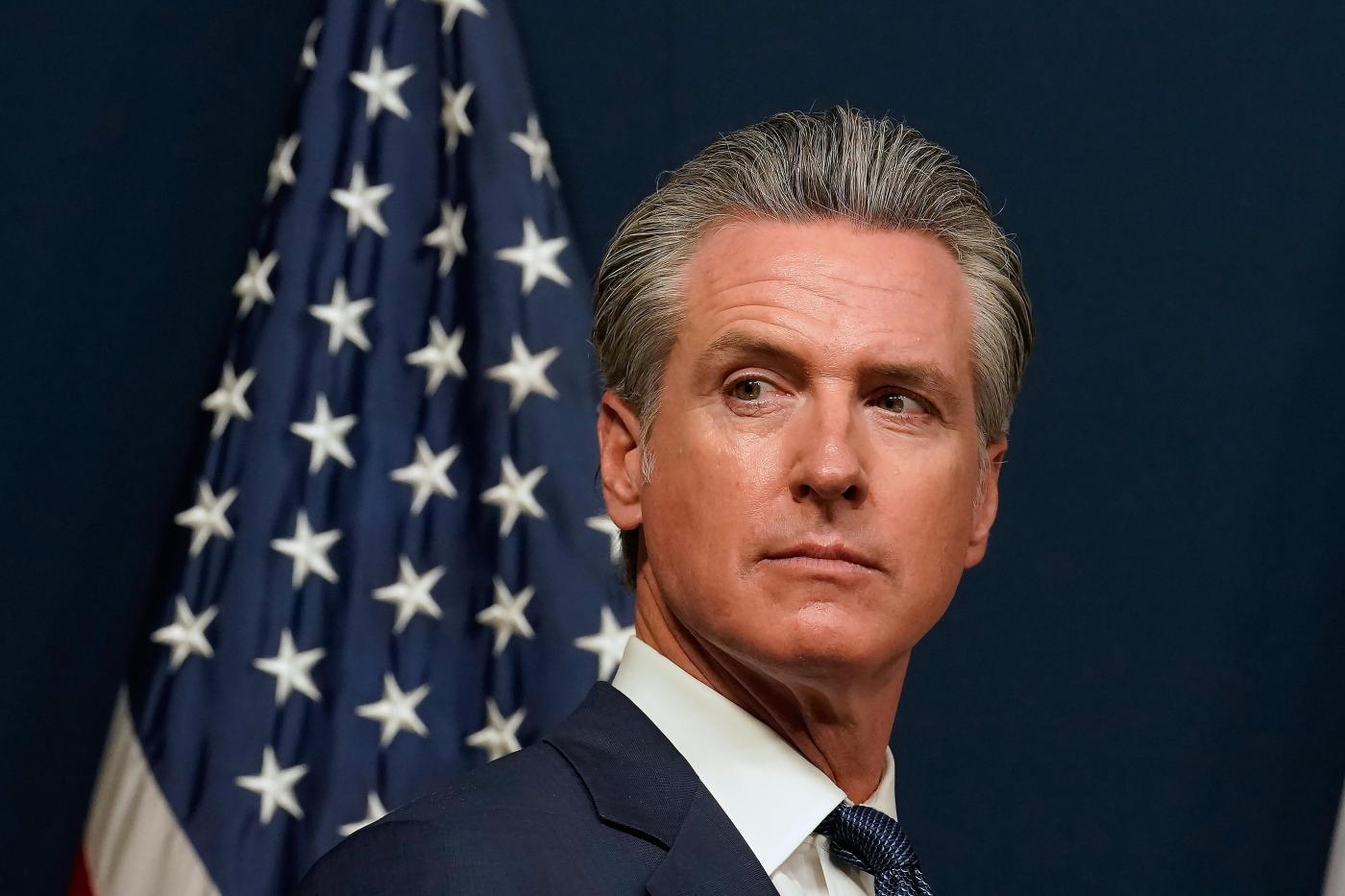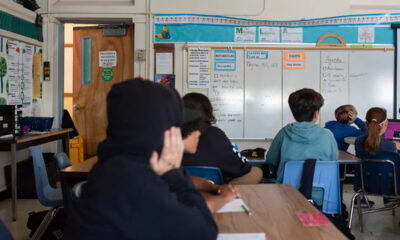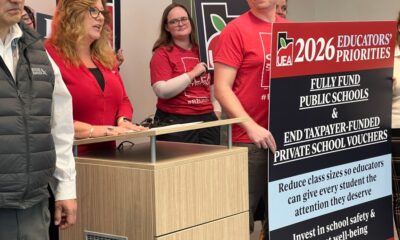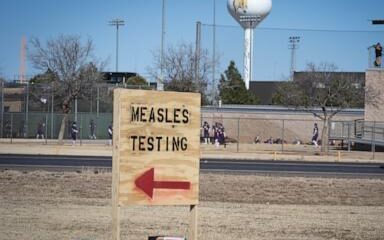Health
Gavin Newsom Launches California Men’s Service Challenge to Combat Loneliness

California Governor Gavin Newsom has initiated the California Men’s Service Challenge, urging 10,000 young men to become mentors, coaches, and tutors. This new campaign, announced on March 12, 2024, aims to address a rising mental health crisis among boys and young men, particularly following the recent tragic death of conservative activist Charlie Kirk at a university in Utah.
Newsom emphasized the urgency of the initiative by stating, “We have an epidemic of loneliness, and so much of that is manifesting and metastasizing online in very profound and consequential ways.” He noted that young men aged 15 to 44 in California die by suicide at rates three to four times higher than women, often using firearms. Alarmingly, nearly half of female homicide victims are murdered by a current or former intimate male partner.
State Partnerships to Foster Mentorship
The initiative will collaborate with numerous youth organizations, including Improve Your Tomorrow, Big Brothers Big Sisters of America, Mentor California, and the American Institute for Boys and Men. These partnerships will focus on recruiting and training young men to serve as mentors. Josh Fryday, California’s chief service officer, explained, “The goal is to create consistent, positive relationships where men model integrity, empathy, and community engagement while helping young men develop confidence and purpose.”
The campaign will encompass a variety of activities, including one-on-one and group mentoring, tutoring, youth sports coaching, and guiding young men through college and career exploration. This initiative is supported by California Volunteers, which operates a $275 million program aimed at enhancing community service and civic engagement.
For organizations like Mentor California, which has long waitlists of young boys seeking mentors, this campaign represents a vital opportunity to foster healthy relationships. Executive Director Marcus Strother highlighted the importance of mentors who are willing to share their personal experiences. “We want mentors who are vulnerable and are ready to share their story,” he stated, emphasizing the role of leadership in training mentors to build meaningful connections with young people.
The Impact of COVID-19 on Youth Development
Strother also noted that the COVID-19 pandemic significantly affected the social development of young boys, particularly those in middle and high school. Many struggled with in-person interactions and lacked the necessary skills to form healthy relationships. Research suggests that boys’ mental health has been slower to recover compared to that of girls following lockdown measures.
“We haven’t done a good job of teaching our young men how to understand their emotions and talk through them,” Strother remarked. He referenced a recent poll indicating that one in four young men aged 15 to 35 reported feeling lonely “a lot of the previous day.” Furthermore, adolescent boys are about 50% less likely than girls to seek mental health services for issues like depression or anxiety, often due to social stigma.
In response to these challenges, Newsom previously ordered the California Health and Human Services agency to explore ways to support the mental health of boys and young men, although the initial executive order did not allocate additional funding.
Addressing Harmful Norms of Masculinity
Jason Laker, a professor at San Jose State University and a researcher in men and masculinity studies, praised the service campaign as a critical step toward meeting the needs of young men. He noted that many boys are in desperate need of support and encouragement. “You need to ensure that these mentorships provide productive learning experiences, rather than reinforcing stereotypes,” Laker advised.
His own experience at a men’s college revealed the importance of building trust through research-based techniques. He emphasized the need for mentors to challenge harmful norms of masculinity and cultivate practices of care and compassion that boys can relate to. “A mentor working with a Black boy, for instance, needs to understand why expressing strong emotions may feel dangerous for him,” Laker explained.
Fryday confirmed that the state would collaborate with behavioral health experts to guide the initiative’s mental health objectives. Strother added that Mentor California and other partners would focus on training mentors to be culturally responsive to the diverse experiences of California’s boys.
As this initiative unfolds, it holds the promise of reshaping the support network for young men in California, helping them navigate their emotions and foster healthier relationships in a rapidly changing world.
-

 Science1 month ago
Science1 month agoNostradamus’ 2026 Predictions: Star Death and Dark Events Loom
-

 Technology2 months ago
Technology2 months agoOpenAI to Implement Age Verification for ChatGPT by December 2025
-

 Technology7 months ago
Technology7 months agoDiscover the Top 10 Calorie Counting Apps of 2025
-

 Health5 months ago
Health5 months agoBella Hadid Shares Health Update After Treatment for Lyme Disease
-

 Health5 months ago
Health5 months agoAnalysts Project Stronger Growth for Apple’s iPhone 17 Lineup
-

 Technology5 months ago
Technology5 months agoElectric Moto Influencer Surronster Arrested in Tijuana
-

 Education5 months ago
Education5 months agoHarvard Secures Court Victory Over Federal Funding Cuts
-

 Health5 months ago
Health5 months agoErin Bates Shares Recovery Update Following Sepsis Complications
-

 Technology7 months ago
Technology7 months agoMeta Initiates $60B AI Data Center Expansion, Starting in Ohio
-

 Technology6 months ago
Technology6 months agoDiscover How to Reverse Image Search Using ChatGPT Effortlessly
-

 Science4 months ago
Science4 months agoStarship V3 Set for 2026 Launch After Successful Final Test of Version 2
-

 Technology7 months ago
Technology7 months agoRecovering a Suspended TikTok Account: A Step-by-Step Guide





















